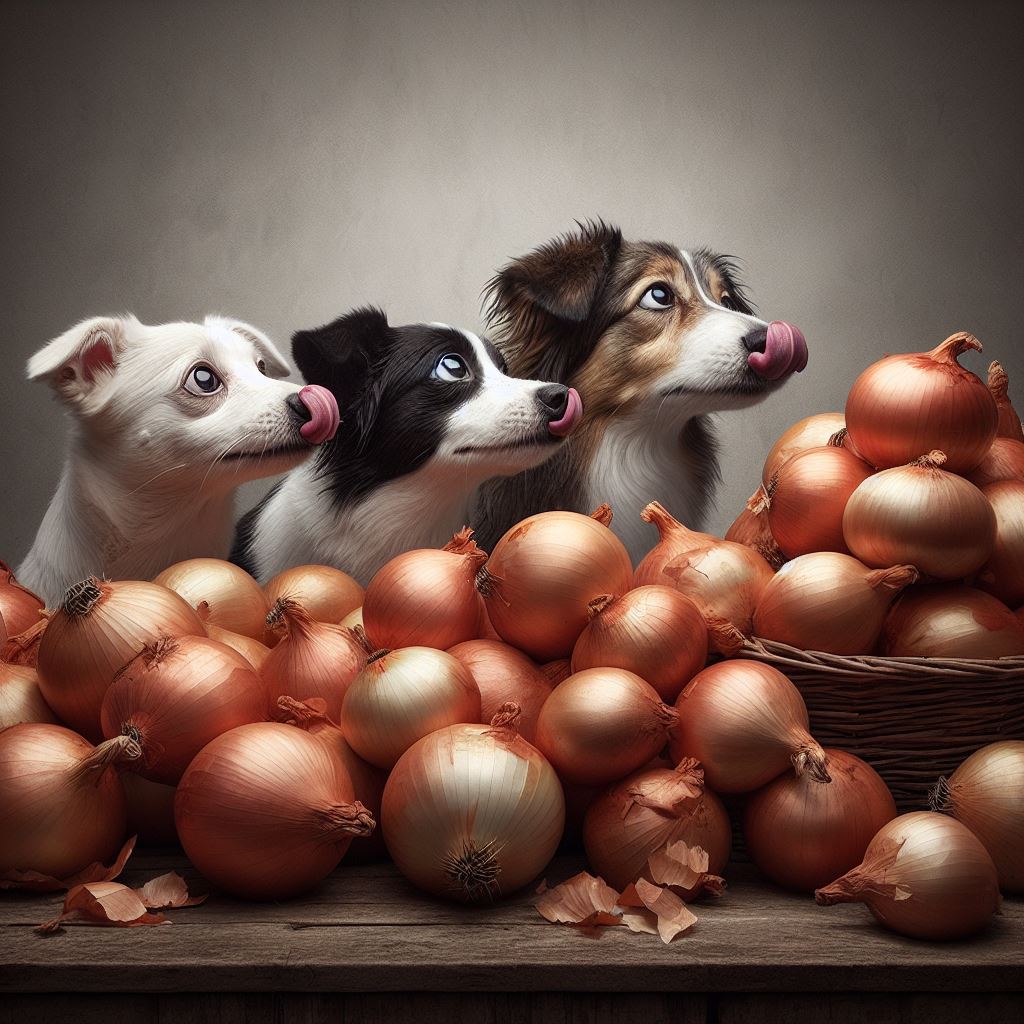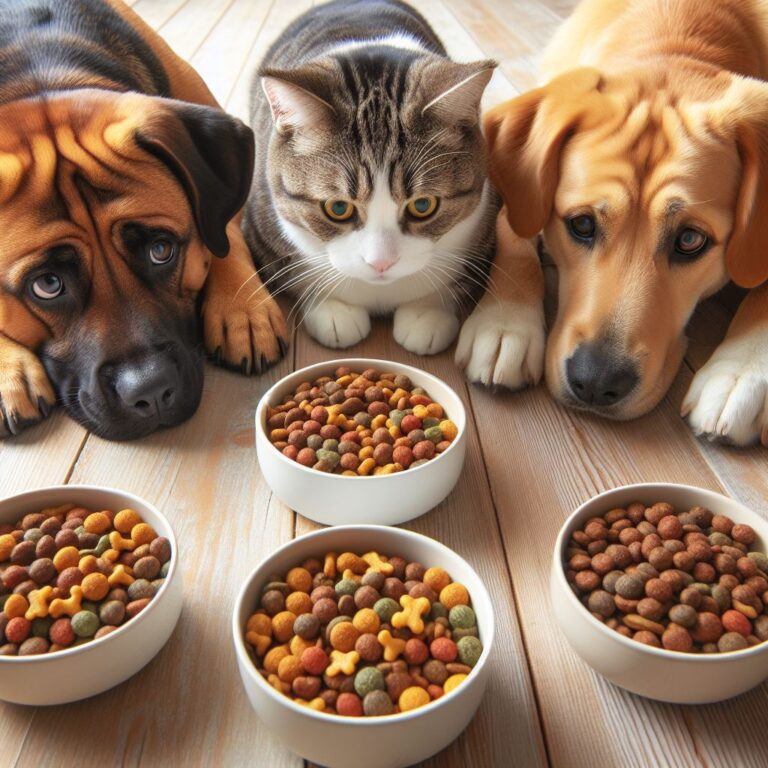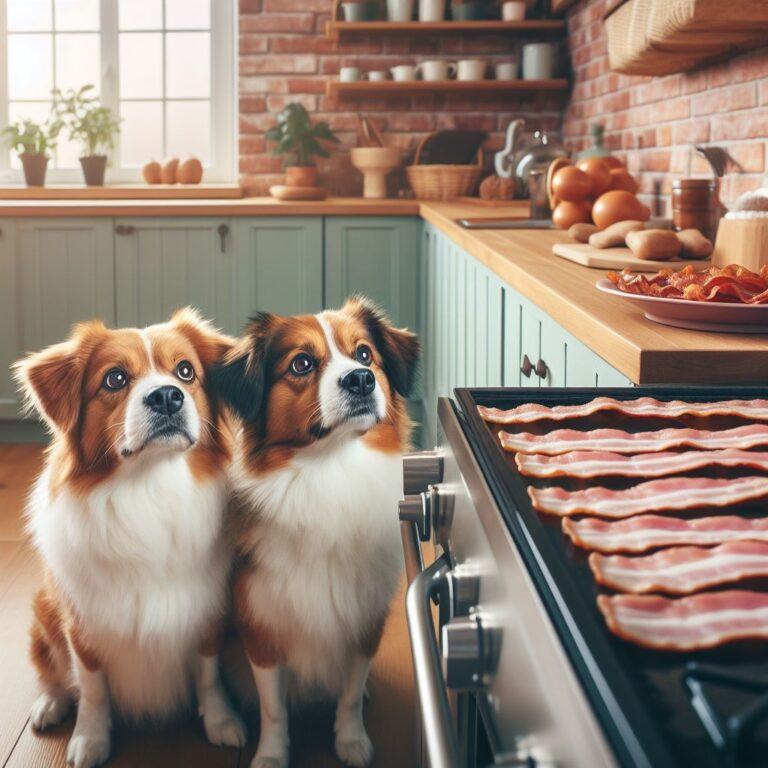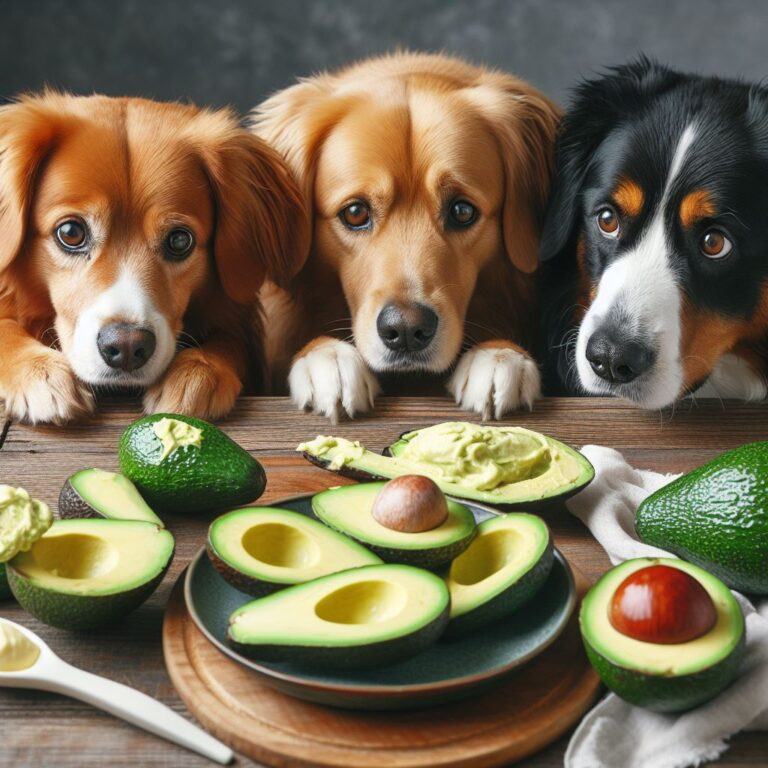Can Dogs Safely Eat Onions
Onions, in all forms – raw, cooked, or powdered – are toxic to dogs, posing a serious threat to their well-being, and should NEVER be eaten. The compound responsible for this toxicity is N-propyl disulfide, which can damage red blood cells, leading to a condition called hemolytic anemia.
Onions, along with garlic, leeks, and chives are members of the allium family and although popular ingredients in human foods, should never be consumed by dogs.
Beneath their unassuming exterior lies a hidden danger that can pose a significant threat to the health of our beloved canine companions.
As responsible pet owners, it is crucial to understand the potential risks associated with onions and take proactive measures to safeguard our furry friends from harm.
What Makes Onions So Toxic For Dogs
The primary culprit behind the toxicity of onions for dogs is a sulfur-containing compound known as N-propyl disulfide. This compound, present in all forms of onions – raw, cooked, or powdered – exerts its harmful effects by disrupting the delicate balance of red blood cells in a dog’s body.
Red blood cells are essential for transporting oxygen throughout the body, and when N-propyl disulfide interferes with their function, a condition called hemolytic anemia ensues.
Hemolytic anemia is characterized by the premature destruction of red blood cells, leading to a deficiency of oxygen-carrying hemoglobin. This oxygen deprivation manifests itself in a range of debilitating symptoms, including:
- Vomiting: This is a common initial symptom, often accompanied by a strong, unpleasant odor.
- Diarrhea: This symptom may be accompanied by blood, indicating the severity of the poisoning and potential damage to the intestinal lining.
- Lethargy: A noticeable lack of energy and enthusiasm is a hallmark of onion poisoning. Dogs may appear withdrawn and uninterested in their surroundings.
- Weakness: This symptom indicates that the dog’s body is not receiving enough oxygen due to the damaged red blood cells. They may have difficulty standing or walking.
- Pale gums and tongue: This discoloration is a stark indication of a lack of oxygenated blood circulating through the body.
In severe cases, onion poisoning can progress to organ damage, seizures, and even death.
What To Do If Onion Ingestion Is Suspected
The timely detection of onion poisoning is paramount to mitigating its potentially devastating consequences. By recognizing the early signs of poisoning, pet owners can seek immediate veterinary attention and significantly improve their dog’s chances of a full recovery.
If you suspect your dog has ingested onions, it is crucial to seek veterinary attention immediately. Early diagnosis and treatment can significantly improve the prognosis and prevent further complications.
Your veterinarian will perform a thorough examination, including blood tests to assess the severity of anemia and organ function.
While early intervention is essential, the most effective approach to safeguarding our dogs from onion poisoning lies in prevention.
By implementing proactive measures, we can eliminate the risk of our furry friends encountering this harmful substance.
Strategies to Prevent Onion Poisoning:
- Avoid Intentional Feeding: Never intentionally feed your dog onions, whether raw, cooked, or powdered.
- Scrutinize Human Food: Carefully inspect food labels before giving your dog any scraps or leftovers. Many human dishes contain onions, and even small amounts can be harmful.
- Fence Off Onion Gardens: If you grow onions in your garden, keep the area fenced off or out of your dog’s reach.
- Regular Dental Brushing: Regularly brush your dog’s teeth to remove any onion debris that may be stuck in their teeth.
- Consult Your Veterinarian: For personalized advice on your dog’s specific dietary needs and to address any concerns, consult your veterinarian. They can help you choose the best food for your dog and ensure they are getting the right amount of food to maintain optimal health.
Nourishing Your Dog with a Balanced Diet
Prevention is always better than cure, and a balanced diet is the cornerstone of canine health. By providing your dog with a nutritionally sound diet, you reduce the risk of them seeking out unhealthy alternatives like onions.
Consult your veterinarian to develop a feeding plan tailored to your dog’s specific needs and age.
While onions may add flavor to our meals, they represent a significant threat to the well-being of our canine companions. As responsible pet owners, we have a duty to educate ourselves about the dangers of onions and take proactive measures to protect our furry friends.
By understanding the risks, implementing preventive measures, and providing a balanced diet, we can safeguard the well-being of our beloved dogs and ensure they live long happy lives.







